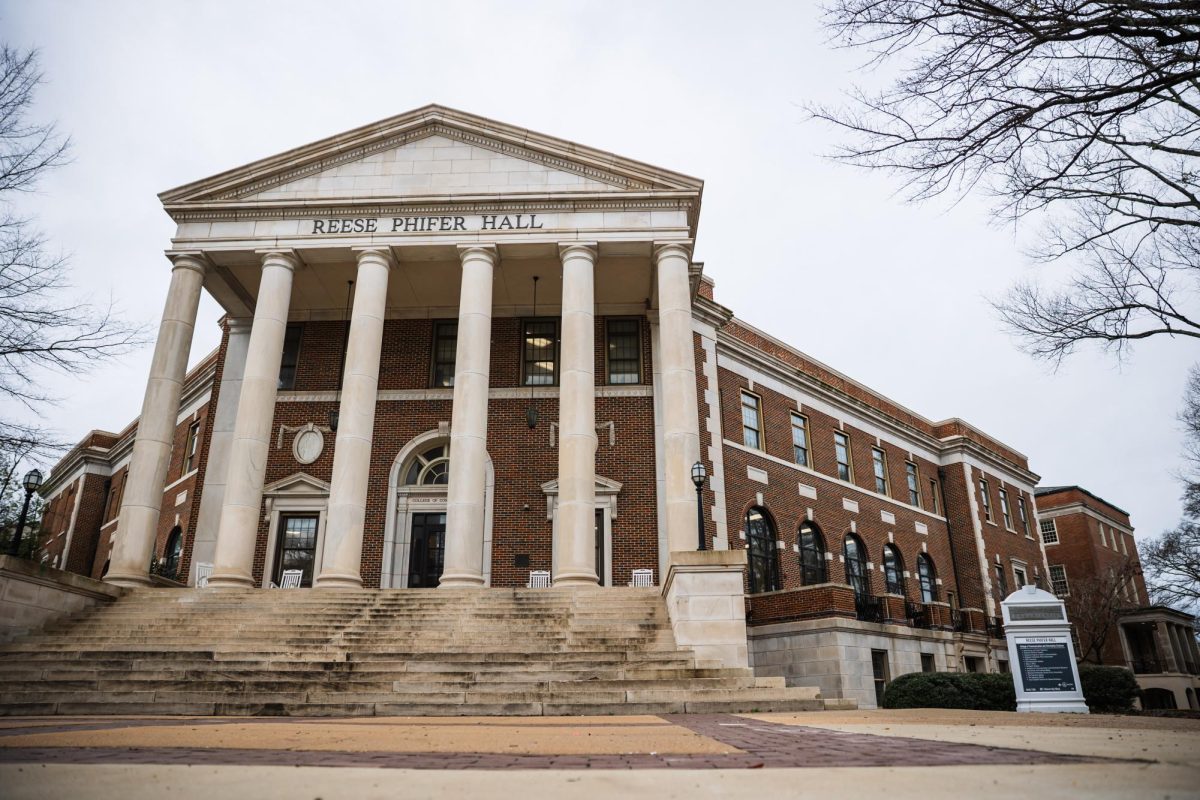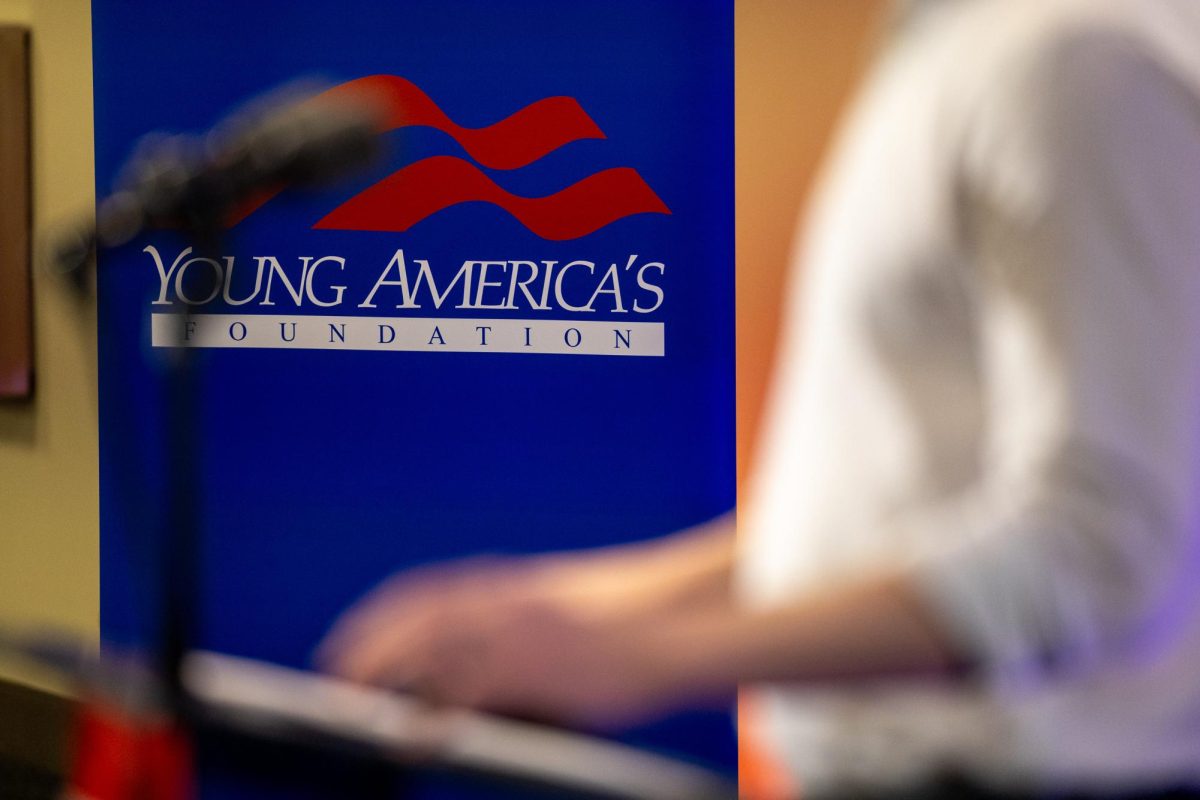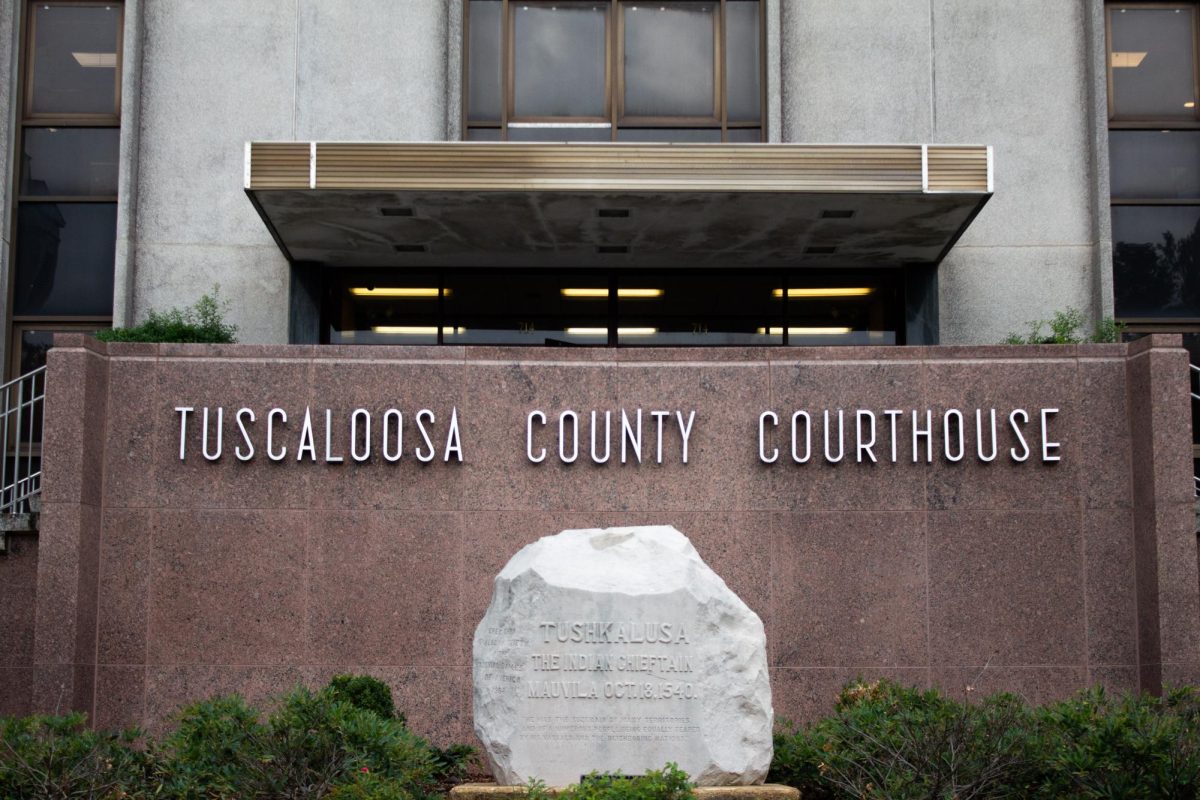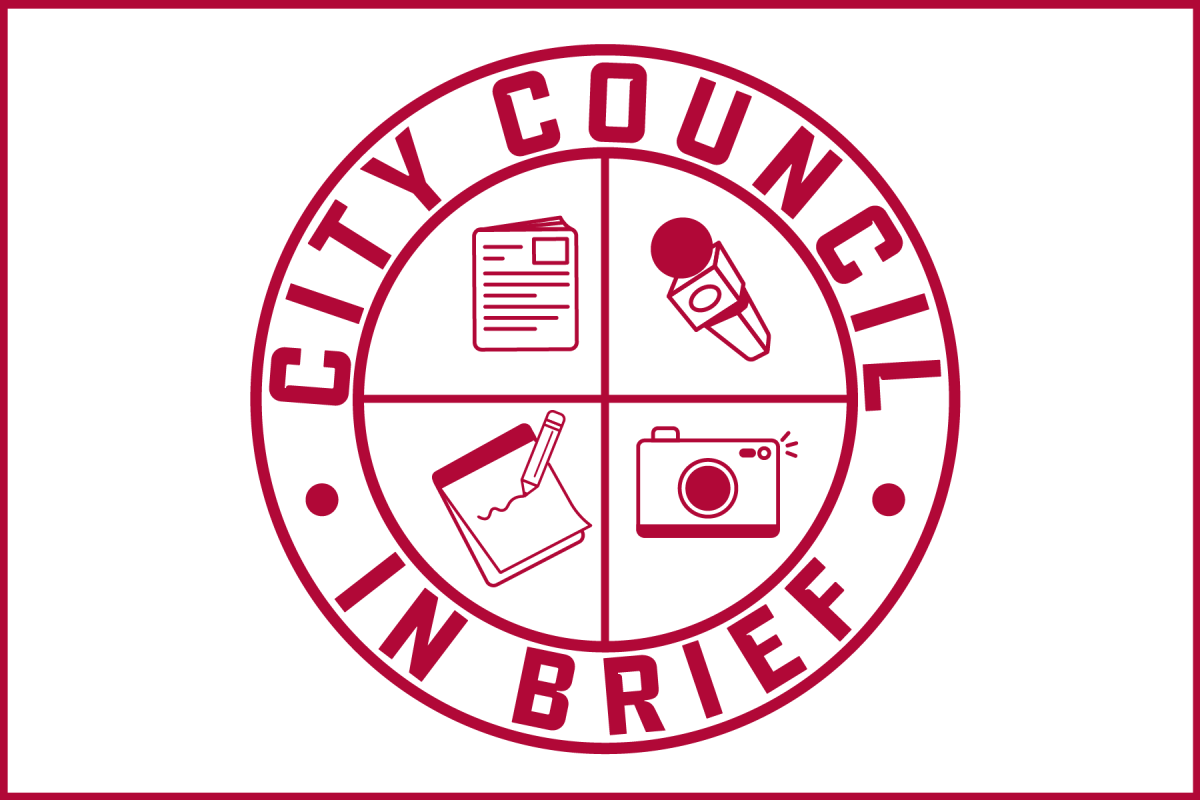Do you ever get nervous walking home from the library late at night? Have you ever had a stranger approach you in a way that made you uncomfortable? Do you worry about having car trouble during a long drive and having no one know where you are?
There’s an app for that.
Personal protection applications are becoming available for smartphone users. These safety apps are usually designed to safeguard users as they travel, pass through unfamiliar or isolated areas or encounter suspicious persons.
To utilize the app correctly, a user activates it when anticipating a suspicious situation. Most apps have one-touch access to nearby emergency responders.
Texas real estate agent Michelle Jones decided to develop a personal safety app, REAL Alert, when she no longer felt safe showing houses by herself.
“I developed REAL Alert to satisfy my own safety needs but quickly realized that it is a perfect solution for anyone that wants to protect themselves from potentially dangerous situations,” Jones said in a PRWeb press release.
In addition to other features, REAL Alert has a “Creep Data” option. If someone is making you uncomfortable, you can use it to log identifying information about the suspicious person while they’re fresh in your mind.
BuddyGuard Premium, an app designed for iPhones and iPods, is No. 1 in Top In-App Purchases on Apple’s App Store.
BuddyGuard boasts a unique feature called “Instant Protection” that uploads audio and camera images automatically to Internet servers when activated, along with GPS coordinates. It also has a check-in timer – you set a specific period of time on the timer, and if you don’t give the app the all-clear before the timer expires, your list of contacts will be immediately notified.
Both BuddyGuard and REAL Alert can be downloaded for free on iTunes App Store.
Moby is an Android app that allows users to share data. While it can be used for typical social media, it also has a feature to instantly share your location with a preselected list of friends and family if you feel you are in danger.
For Blackberry users, a different sort of app called In Case of Emergency (ICE) is available. It allows users to enter important medical information like blood type, emergency contacts and medication that can be accessed by emergency responders in case of emergency.
These apps could be useful for students walking to isolated parking lots late at night or going out on the weekends.
However, it appears that many students are more aware of the latest Angry Birds update than personal safety apps.
“I’ve never used one. They’re not heavily advertised, as far as I know,” freshman Morgan Lenahan said. “I’d download a safety app for sure if I knew that it could help me.”
Chelsea Pickett, a junior majoring in public relations, has also never used a personal protection app. She said she thinks people are looking for ways to keep them safe but that safety apps on phones might be counterproductive.
“Everyone is looking for the next big thing to keep them safe, but really, people need to learn to be more aware,” Pickett said. “Don’t get me wrong, I’m all for having more ways to find people and keep me safe, but people shouldn’t get lazy and rely on their phones to protect them.”
Lenahan said she agreed that people should always be aware of their surroundings but thinks safety apps, if used correctly, might provide peace of mind in sticky situations.
“I don’t think they’d exactly provide a false sense of security,” she said. “I’d feel a little better if I knew that I could contact 911 immediately if a situation would occur.”








